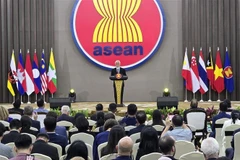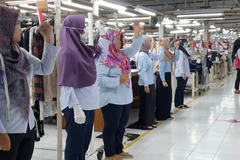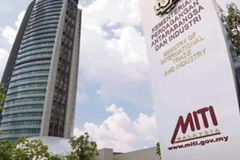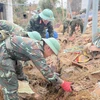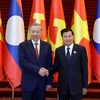President Susilo Bambang Yudhoyonosaid at the launch ceremony that this is the biggest ever leap that hasbeen taken by Indonesia since its independence.
From nowon, the poor could get treatment free of charge at community healthcentres (Puskesmas) and hospitals, he said, adding that in the firststep, the programme will benefit 121 million people or 48 percent of theIndonesian population.
In the second stage, starting fromJanuary 1, 2019, it is hoped that health insurance will cover allIndonesian people, the President said.
Firstly, around 86.4million people will be considered eligible for premium paymentassistance of 19,225 Rp (1.57 USD) per individual per month. TheGovernment has deducted a total of 19.3 trillion Rp from the Statebudget to do this.
The premium for informal workers andretirees ranges from 25,500 Rp per month for third-class medicalservices to 59,500 Rp for first-class medical services, with at leastthree-month payment in advance.
For formal workers in the private sector, the premium is 5 percent of their monthly income.
The Government decided that as from 2015, employers will pay 4percent of it and employees will be responsible for the rest.-VNA


